With the average woman going through 350 periods in her lifetime, you’d think women are aware of the actual dos and don’ts during that time of the month. Unfortunately, this isn’t the case. Among all the taboos, myths and chaos that surround periods there’s hardly any open conversation about women’s health and more importantly the menstrual hygiene standards they should maintain and risks of poor menstrual hygiene. You are expected to figure it out along the way. But we’re here to make figuring out how to manage your period a little bit easier.
Here are 6 bad menstrual hygiene habits that could be a risk to your health and cause infections in your reproductive tracts:
Unclean Sanitary Napkins:
We knew there’s a reason why sanitary napkins come in multiple covers! Using unclean pads can actually lead to fungal infections, reproductive tract infection, urinary infection and even make you vulnerable to infertility.
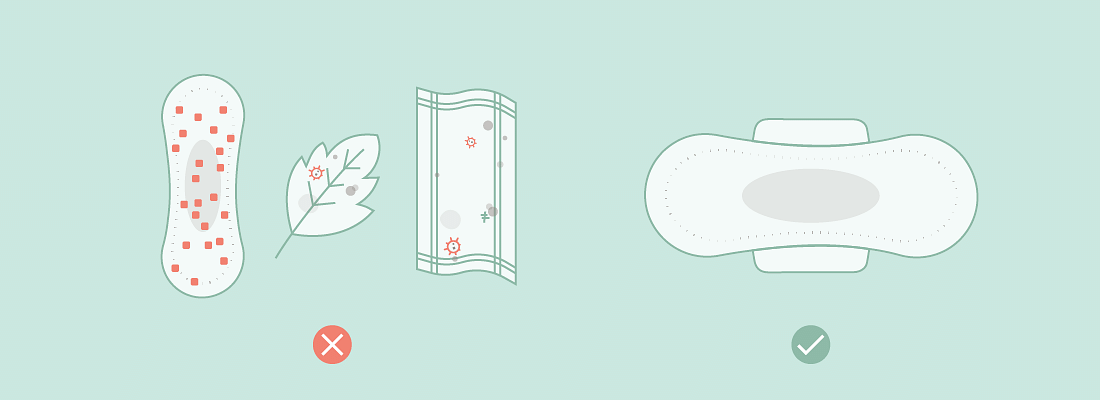
This may sound like a no-brainer to many of you, but all over the world scores of women still use things like dried leaves, plastic, cloth and such as a substitute for pads. Your menses hygiene routine should not just be about cleaning your body but also making sure to use sterile and clean pads so as to avoid any such infections.
Wearing one pad for way too long:
A lot of us are guilty of this one and it is one of the worst things to do. If you do not change your pads frequently (at least every 6-8 hours), you are much more prone to develop rashes and vaginal yeast infections with the side effect of bad odour.
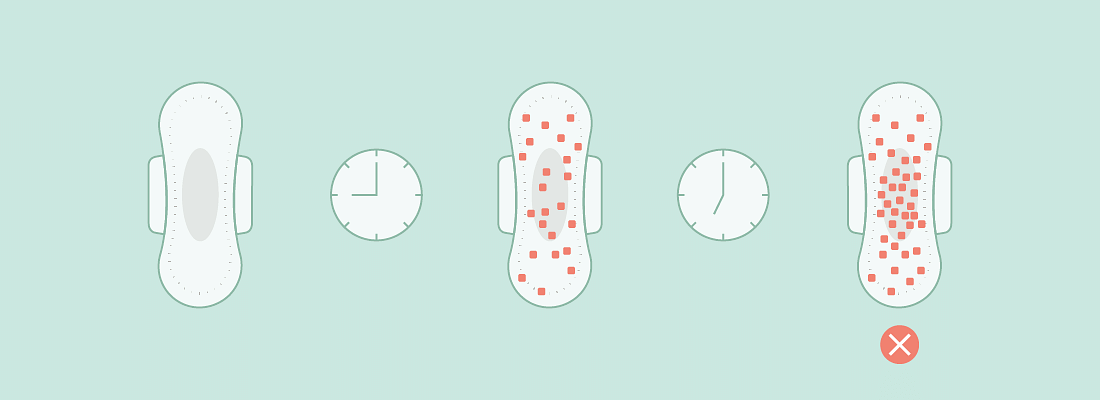
No matter how light your flow is, it’s always safe to change your pad. You know what they say, better safe than sorry!
Wiping or washing from back to front:
If you thought discussing periods was awkward, we’re about to get into a whole new territory (pun intended). Another one of those mistakes we make in a rush to make sure we’re super clean down there?
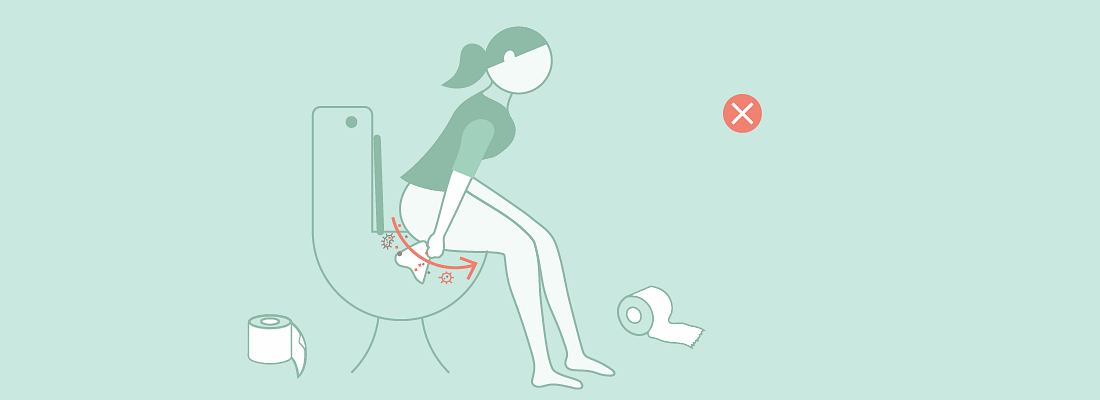
Washing or wiping back to front after peeing or pooping. This actually brings bacteria from the bowel to the vagina and can lead to serious urinary tract infections.
Unprotected sex during your period:
Many of you might be confident of not getting pregnant due to period sex, we’d beg to differ. Even if the chances seem less, you can still get pregnant if you do not take proper precautions.
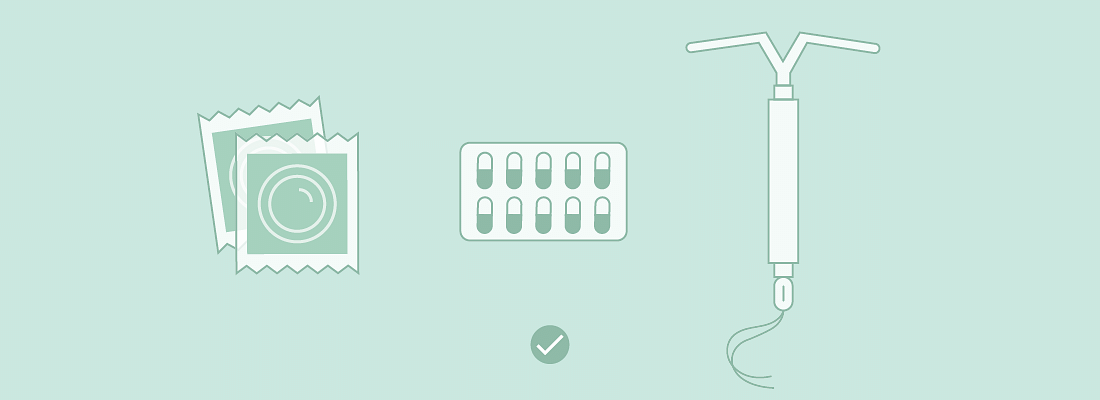
Please use protection, not just because you could get pregnant but also because you are more likely to contract a STD (sexually transmitted disease) like herpes, HIV and Hepatitis B during this time of the month.
Unsafe disposal of your sanitary napkin:
The problem of disposal is something that plagues our society at large. With no idea on how to dispose sanitary napkins most women just throw them in the garbage bin, which then gets mixed up with dry, wet and other hazardous waste.
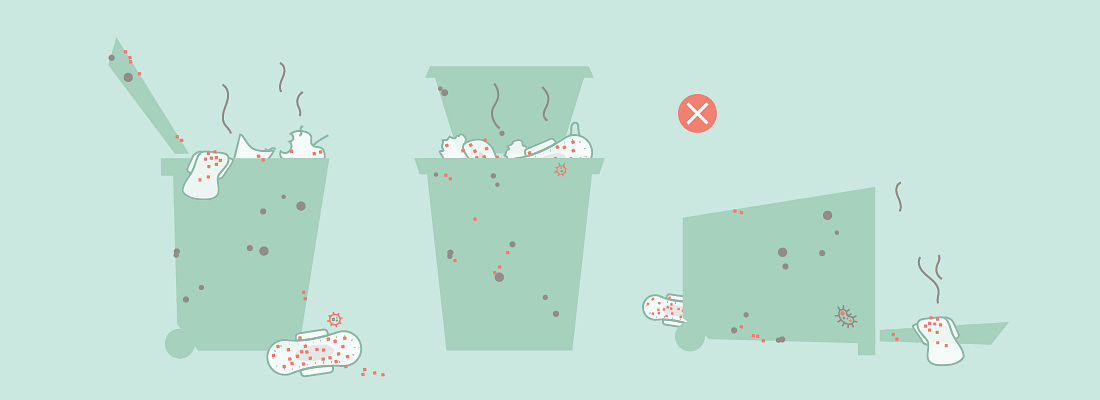
This example of risks of poor menstrual hygiene talks about exposed sanitary napkin can cause serious health concerns like Hepatitis B for the waste collector. Not to mention the societal health risk when these pads clog rivers and roadsides and contribute to the toxic air pollution from garbage dumps.
Avoid washing your hands
It is not necessary that everything they taught us in school is useless and washing your hands is one of them. Not washing your hands after changing your sanitary pad can cause yeast infections or Hepatitis B. So, even if you’ve just been hanging out watching TV all day long, it’s very important that you wash your hands before wearing a pad and after disposing one too.
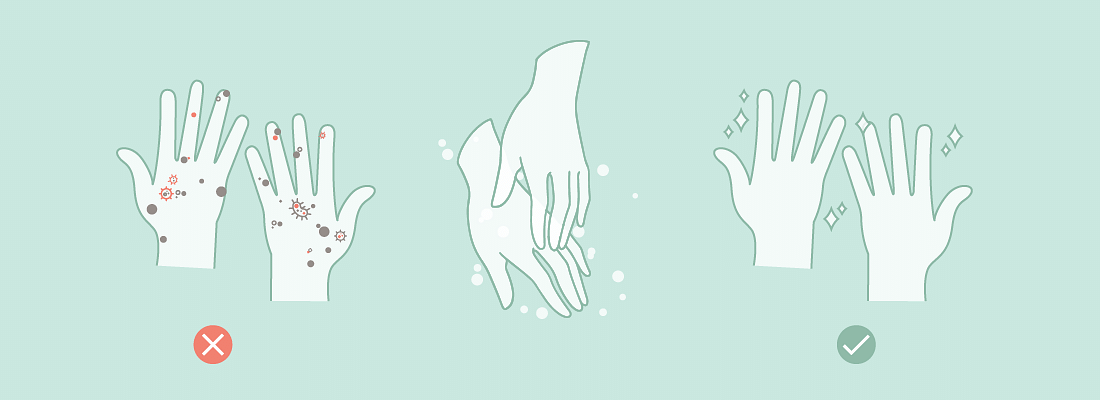
It’s important that we avoid the above or we may have to bear the risks of poor menstrual hygiene. With Nua there’s no worry about unclean sanitary napkins at all, it’s under 3 layers of protection. Even though, however, Nua heavy flow pads can last you way longer than normal pads, we’d still suggest you change them in 6-8 hours. We also take disposal very seriously. Don’t believe us? See for yourself!
Note: We know that for our women hygiene is a priority and we have put up a series of articles that talk about the various aspects of hygiene and why it plays an important role in our lives. You can read them here.
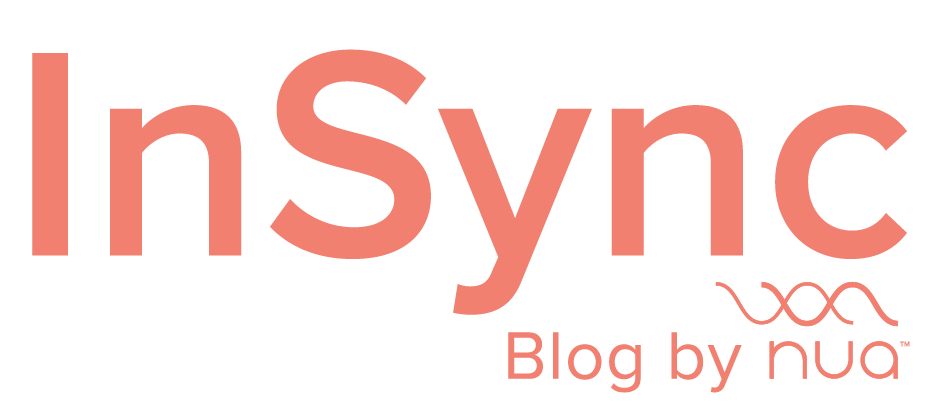

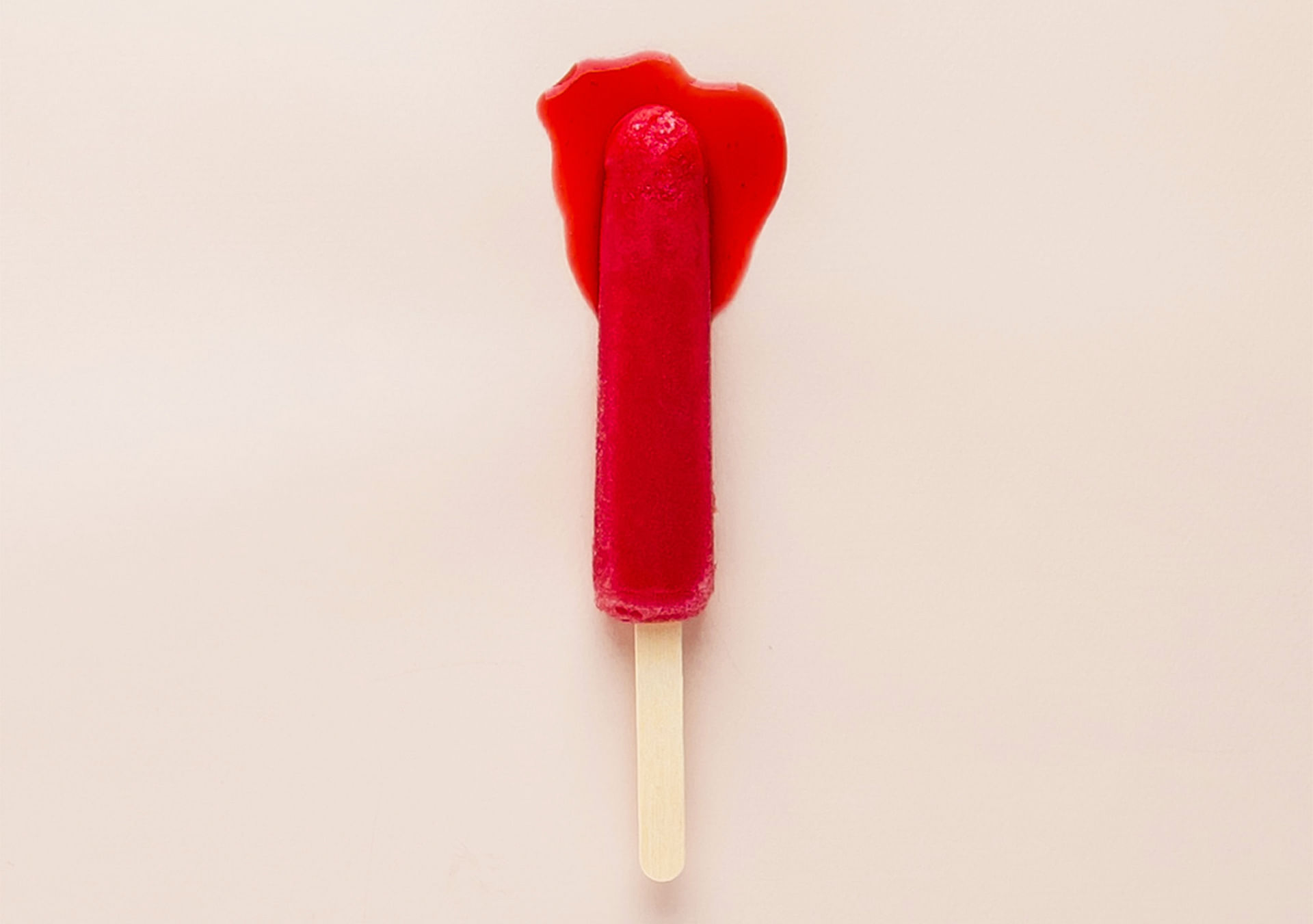
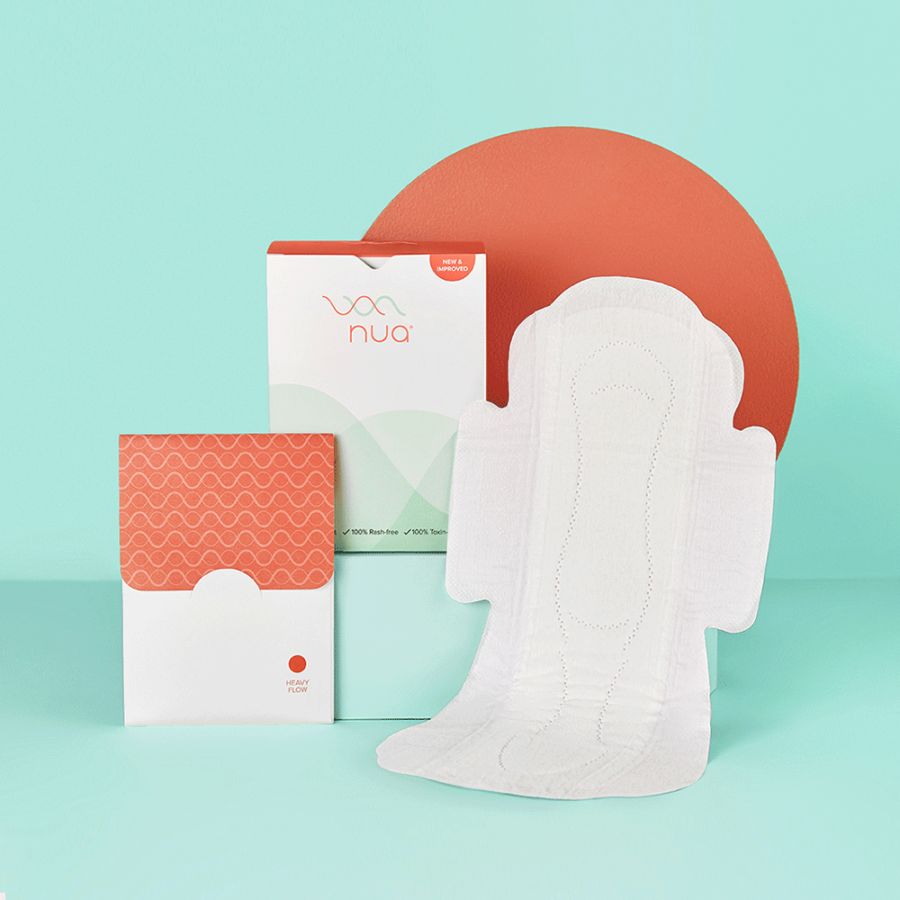






this was so uch help for my school work, thank you
Nice Information , this is very informative blog thanks for sharing
Thank you very much for the information it has many useful tips which we must follow,you people are doing a great work keep going
This site is amazing! Can’t believe I’ve only just found it!
Really helpful. Thank you for sharing this vital information
I really appropriate this site a lot it didn’t only help me with school work but also with my personal hygiene
That was really helpful guide 🙂
Thanks for sharing such an amazing blog. I have learnt alot for this.
Thank you for the infor its been so helpful
This is a good tip especially. Short but very precise info… Appreciate your sharing this one. A must read post!